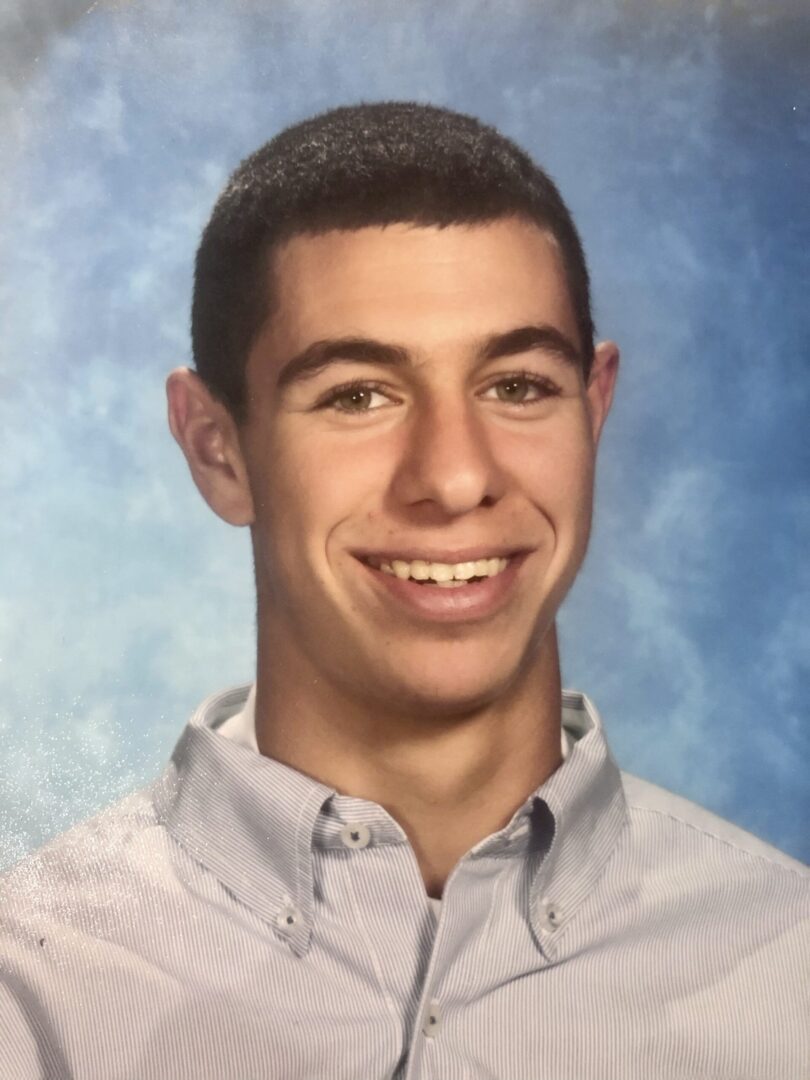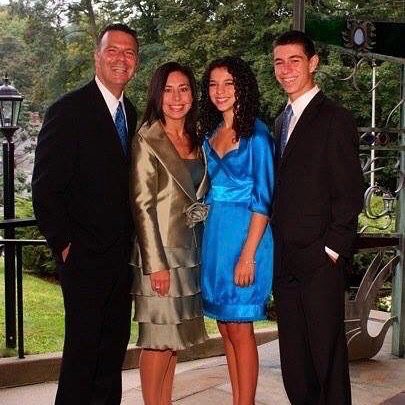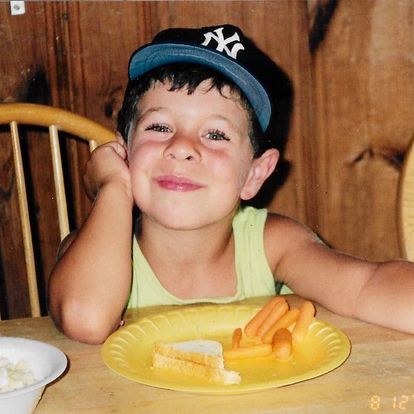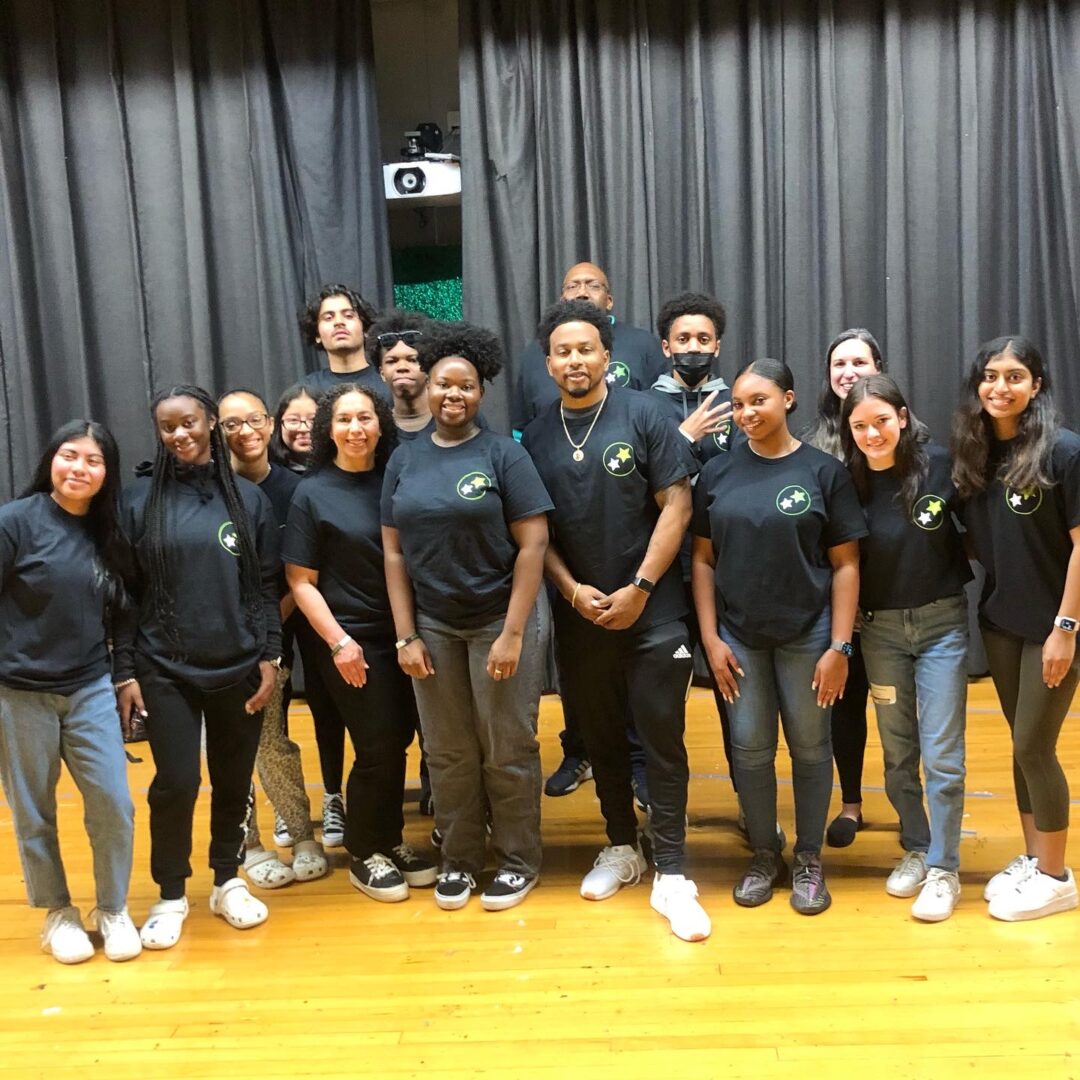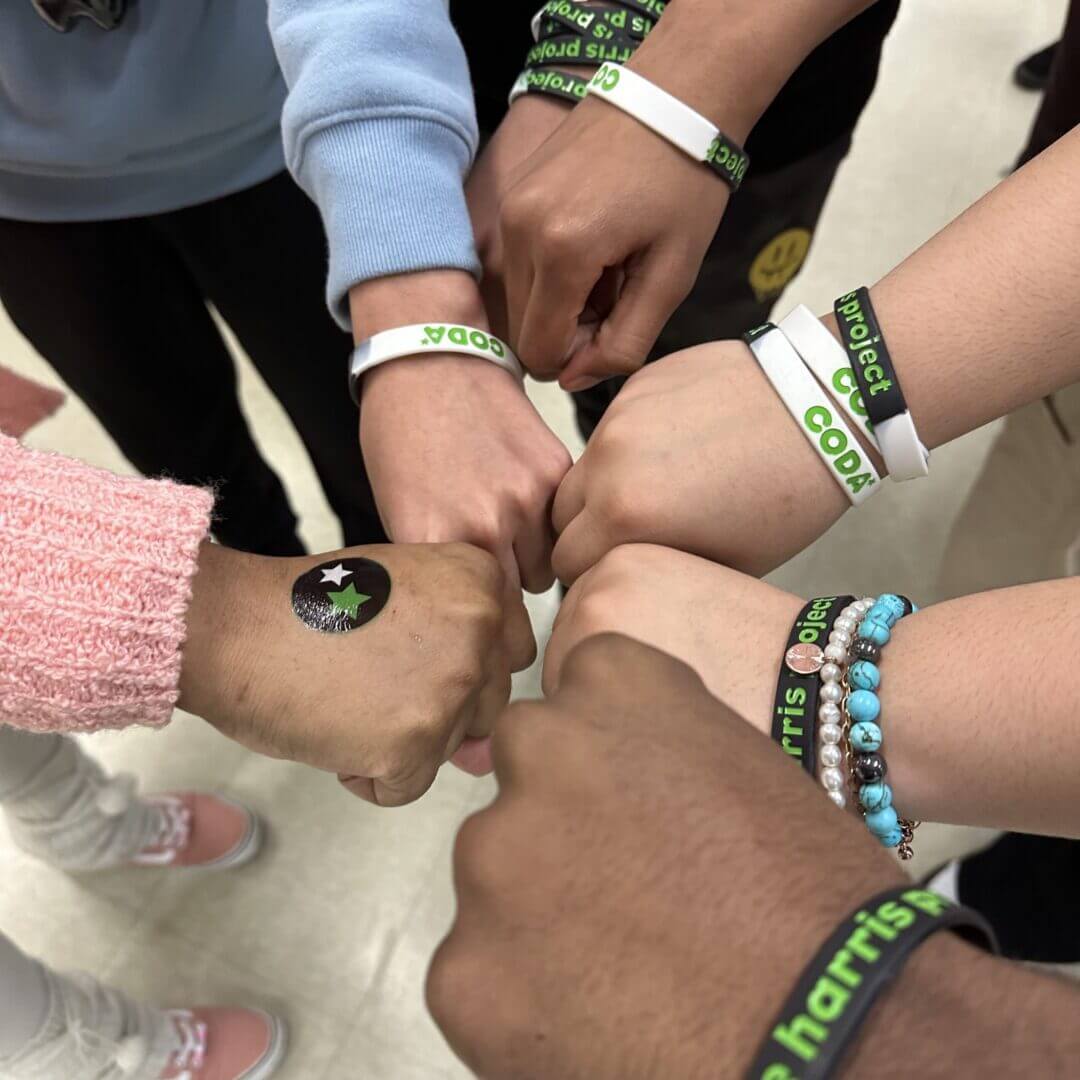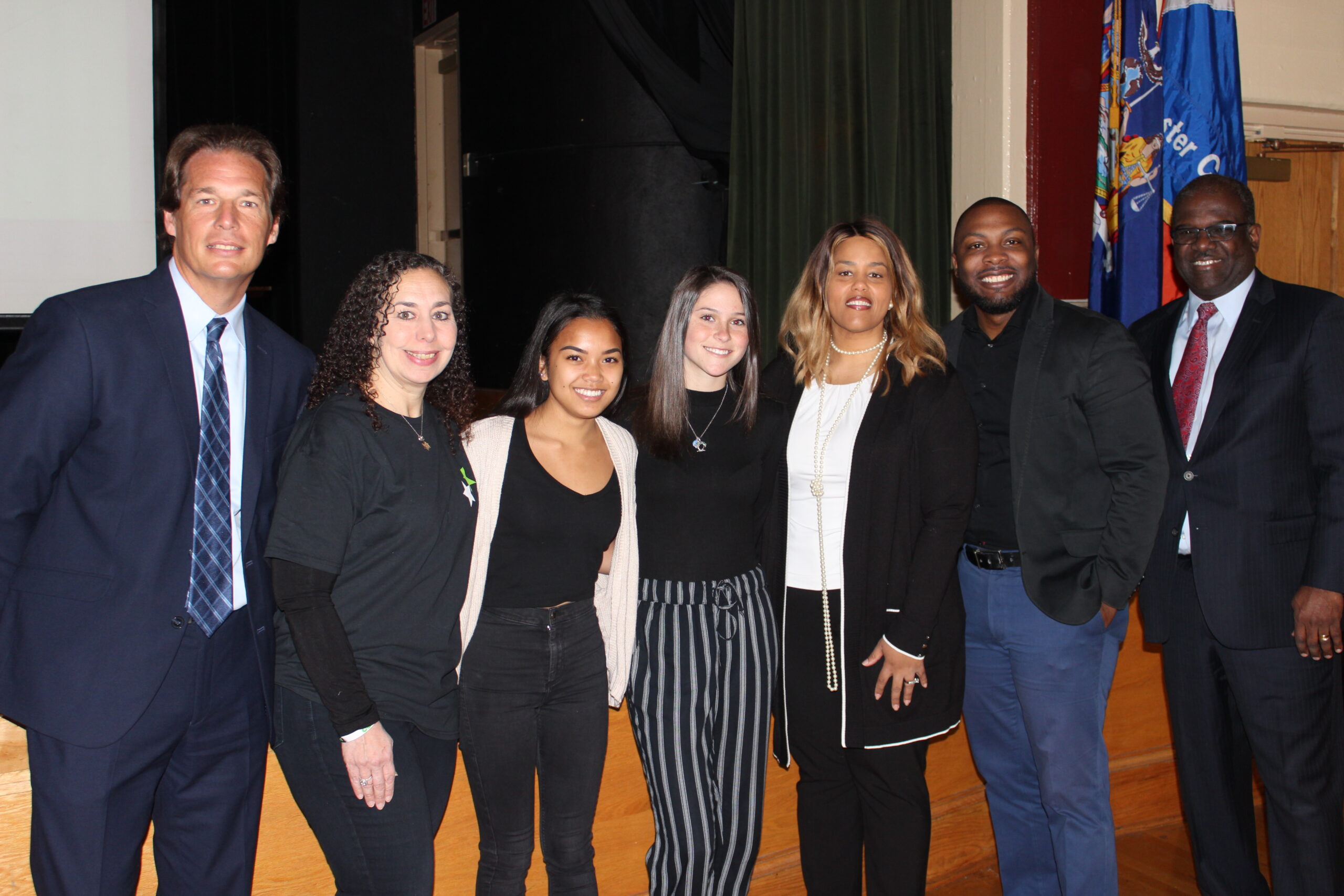


There is a difference between encouraging someone to speak to a professional who might be able to help and trying to force someone to change their behavior. Your role as a trusted friend or family member is to offer support, love and encouragement. Ultimately, the decision to seek treatment and make positive changes must come from the individual themselves. Be patient, and continue to express your care and concern, while taking good care of yourself.
If you believe you might benefit from extra support, treat yourself with the same kindness as you would a friend, and consider speaking to a professional as well.




It's our goal to integrate services so that the needs of the whole individual are met, by supporting:
- Awareness of COD, because you can’t treat something you’ve never heard of, nor demand appropriate care without a foundation of knowledge
- CODA prevention to educate youth and their loved ones
- Co-Occurring competent treatment, so that the comprehensive needs of the individual are addressed
- Additional support for family and loved ones, moving away from shame and blame
- Sustainable recovery, ensuring continuity of care, including housing, training, nutrition and more



